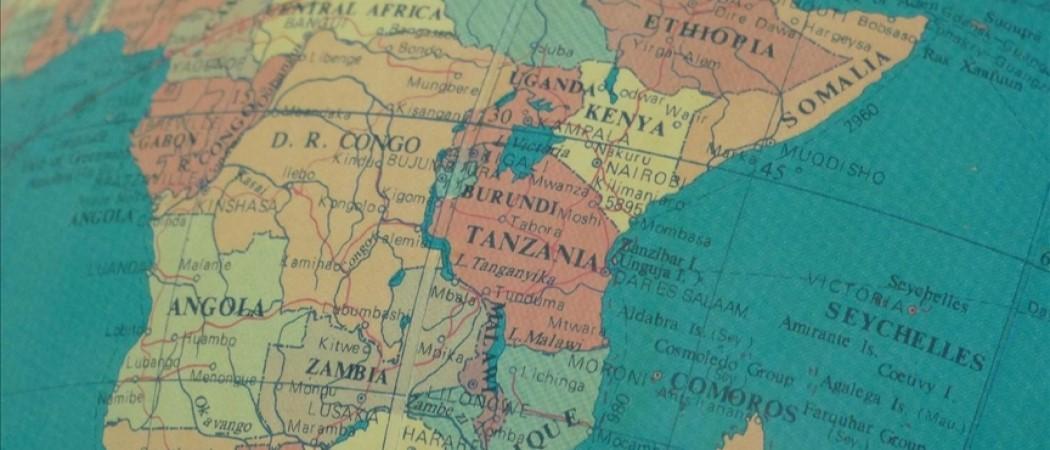The research ecosystem in sub-Saharan Africa is changing. Organised around centres of scientific excellence, the sub-continent is building a research agenda to address major development challenges and the achievement of the sustainable development goals.

Over the past two decades, Sub-Saharan Africa has stepped up its scientific production and its investment in higher education. The contribution of the sub-continent's scientific production (number of published articles) to global scientific research almost doubled from 0.44% to 0.72% during 2003-2012[1], while regional investment in research and development as a share of GDP is increasing[2]. Public decision-makers and socio-economic actors are becoming aware of the role that science and innovation have in the development of the continent's human capital.
During a workshop held in Brussels on 22 April 2022, the World Bank, the French Development Agency, the Association of African Universities and the French National Research Institute for Sustainable Development (IRD), presented to the EU’s Directorate for Research and members of the Directorate for International Partnerships, African Centres and Networks of Excellence programs supported by the ACE Impact and ACE Partner programs.
These exchanges covered the activities, challenges and perspectives of the 53 African centres of excellence that have been operating since 2014 in 11 countries (Benin, Burkina Faso, Côte d'Ivoire, Djibouti, Gambia, Ghana, Guinea, Niger, Nigeria, Togo and Senegal). The discussions emphasised the growing role of networks of excellence to address regional challenges in health, digital transformation and sustainable resources management. Jean-Eric Paquet, director-general for research and innovation at the European Commission, made the concluding remarks.
The emergence of these new hubs of excellence, respecting the international academic criteria of scientific production, student attractiveness and infrastructure, represents a new opportunity for the development of a balanced partnership between African and European academic actors. Sustainable and co-constructed collaborations between African and European universities could become the basis for implementation of ambitious regional programs that respond to joint development issues, such as the climate, the environment, migration, and the supply of energy and raw materials.
For more information: www.ace-partner.org and www.ace.aau.org
Contact ACE Partner : Gregory Giraud, Coordinator, [email protected]
[1] Blom A, Lan G, Adil M. Sub-Saharan African science, technology, engineering, and mathematics research: A decade of development. Washington, DC: International Bank for Reconstruction and Development/The World Bank; 2016.
[2] UNESCO (2021) UNESCO Science Report: the Race Against Time for Smarter Development.





 A unique international forum for public research organisations and companies to connect their external engagement with strategic interests around their R&D system.
A unique international forum for public research organisations and companies to connect their external engagement with strategic interests around their R&D system.